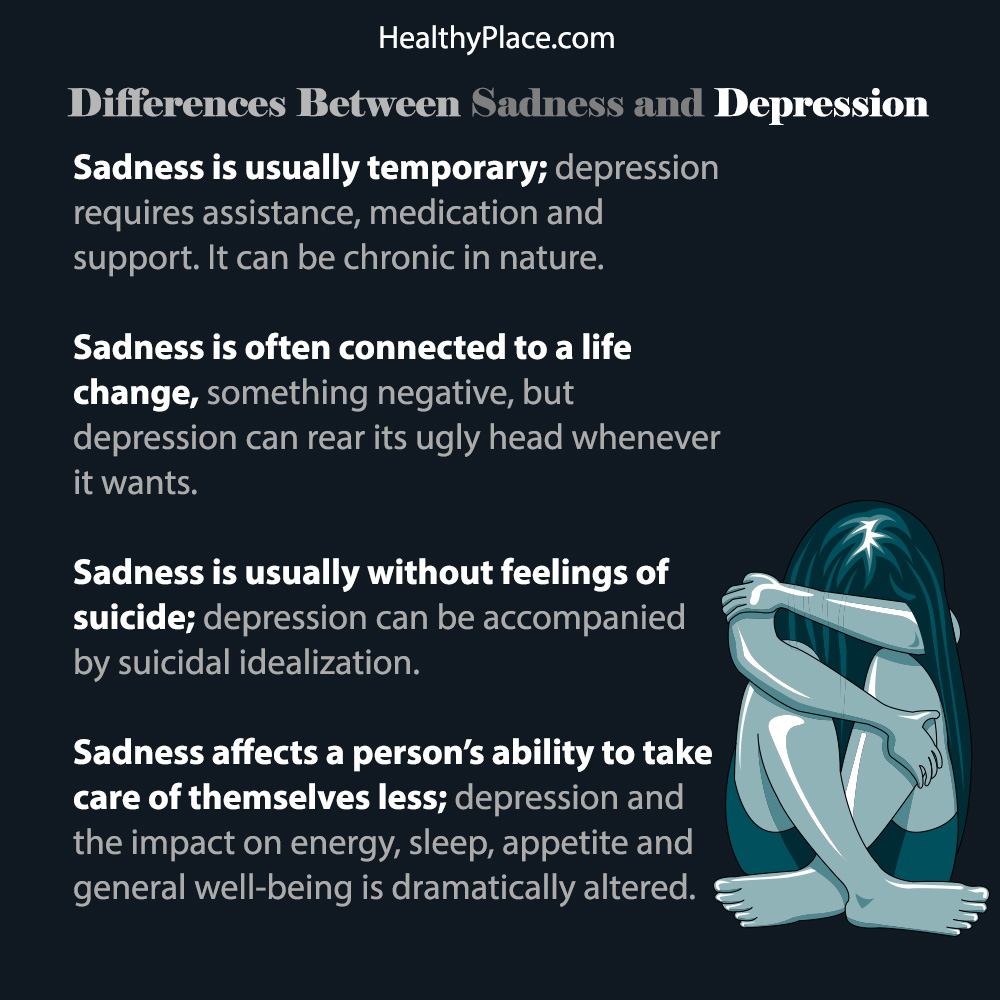

Levels of thyroid hormones may also drop after giving birth. 2 This is similar to hormone changes before a woman’s period but involves much more extreme swings in hormone levels. Researchers think this sudden change in hormone levels may lead to depression.

In the first 24 hours after childbirth, hormone levels quickly drop back to normal, pre-pregnancy levels. When you are pregnant, levels of the female hormones estrogen and progesterone are the highest they’ll ever be. Hormonal changes may trigger symptoms of postpartum depression.

Your doctor can help you figure out whether your symptoms are caused by depression or something else. Any woman can become depressed during pregnancy or after having a baby. They may also worry they will be seen as bad mothers. New mothers may feel embarrassed, ashamed, or guilty about feeling depressed when they are supposed to be happy. Some women don’t tell anyone about their symptoms. Having headaches, aches and pains, or stomach problems that don’t go away.Losing interest or pleasure in activities you used to enjoy.Feeling worthless, guilty, or like a bad mother.Having trouble focusing or making decisions.Not having any interest in the baby, not feeling connected to the baby, or feeling as if your baby is someone else’s baby.But if you have any of the following symptoms of depression for more than 2 weeks, call your doctor, nurse, or midwife: Many mothers feel overwhelmed when a new baby comes home. Some normal changes after pregnancy can cause symptoms similar to those of depression.


 0 kommentar(er)
0 kommentar(er)
